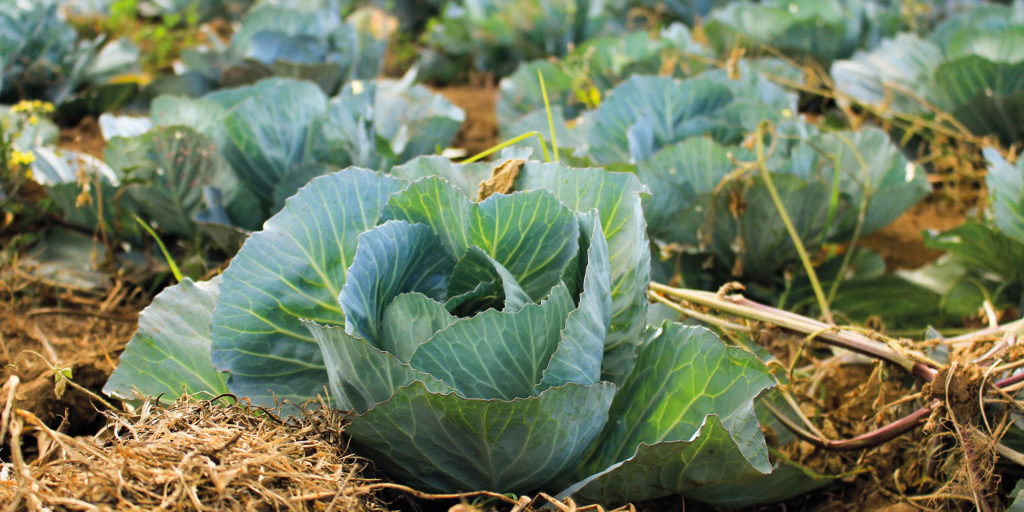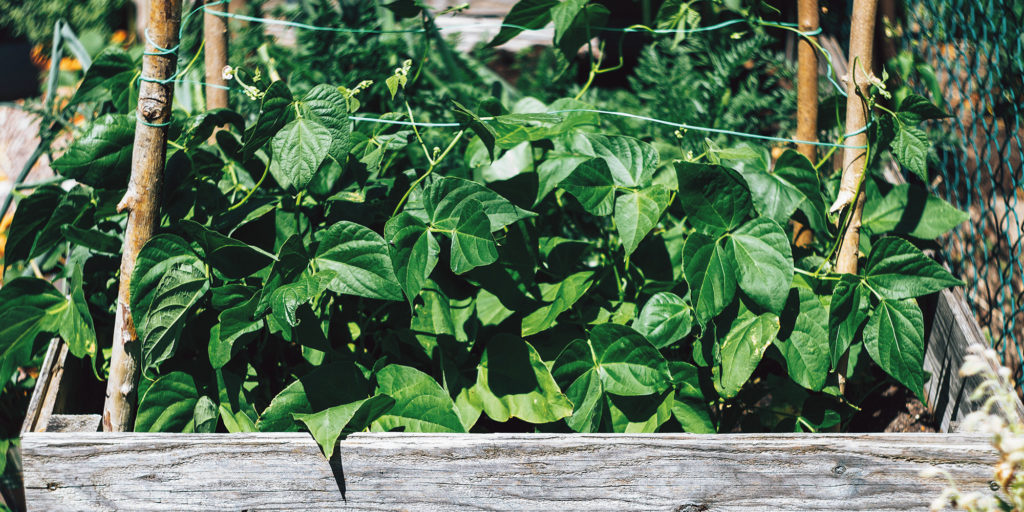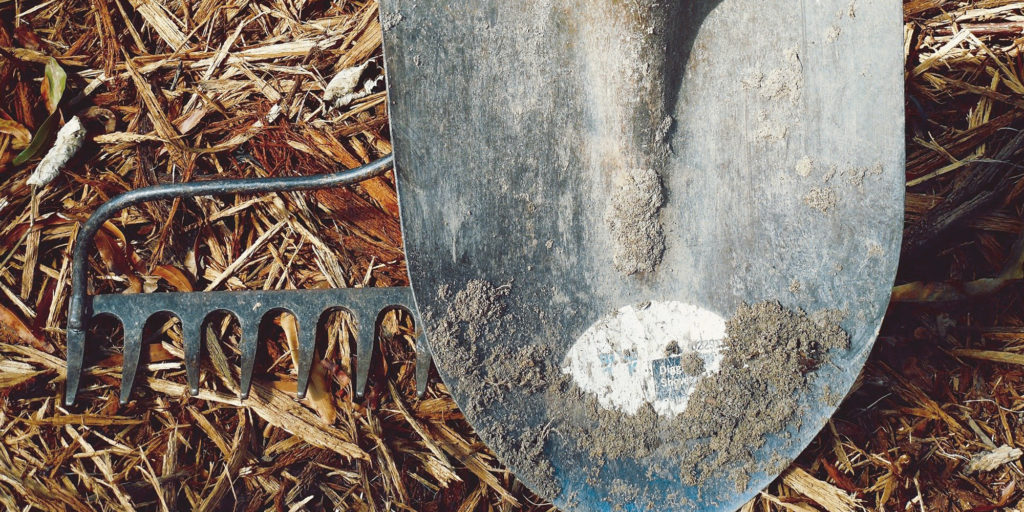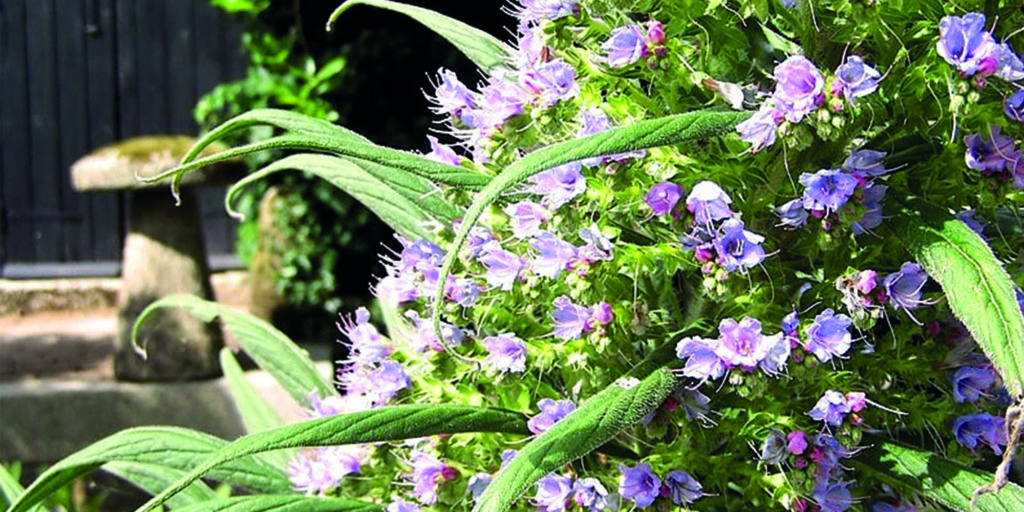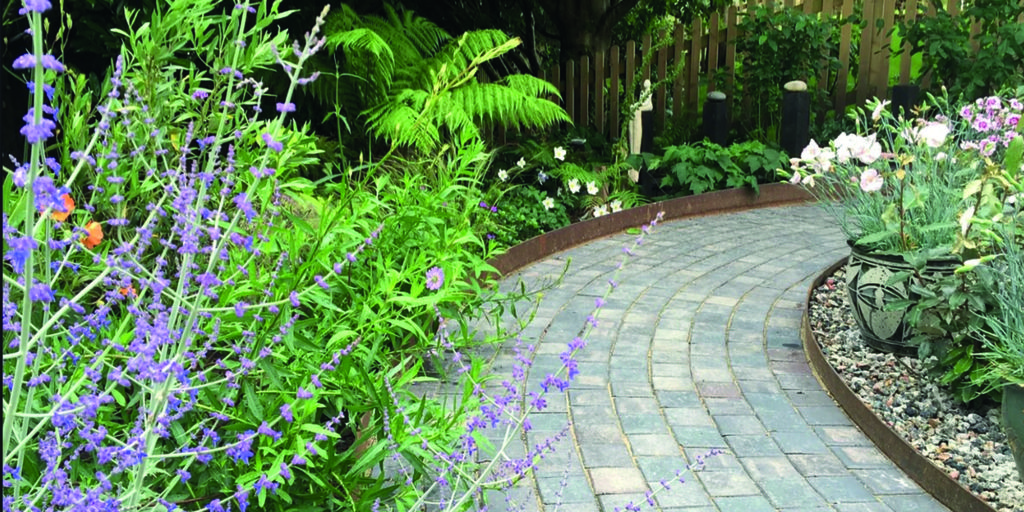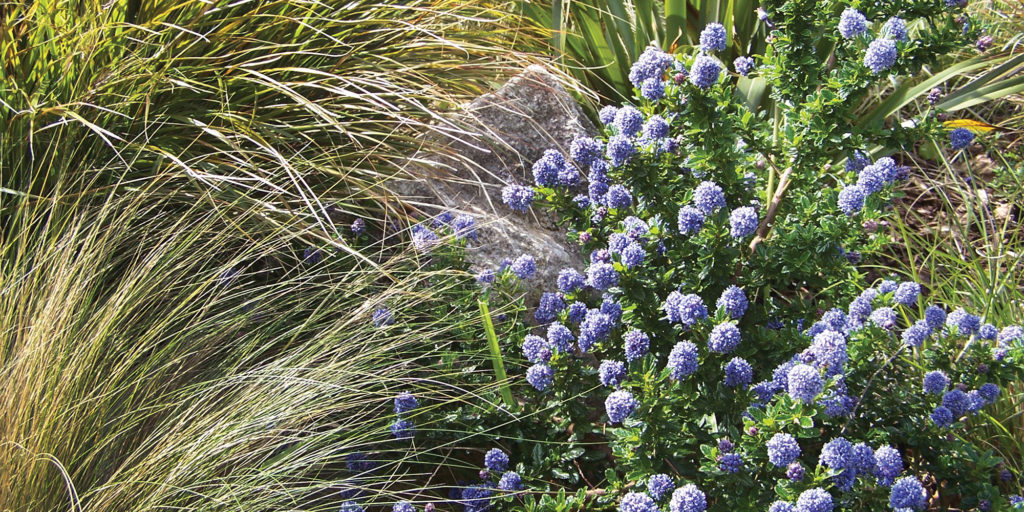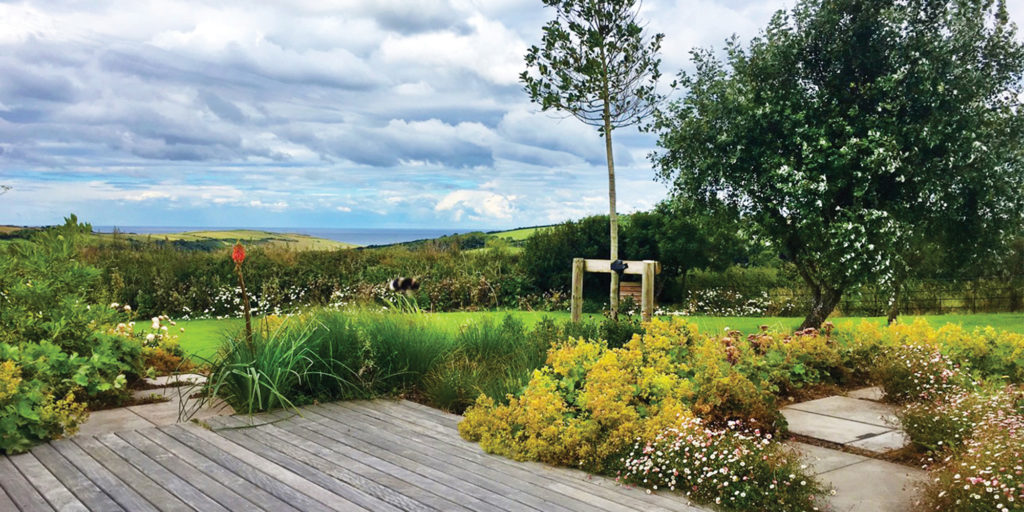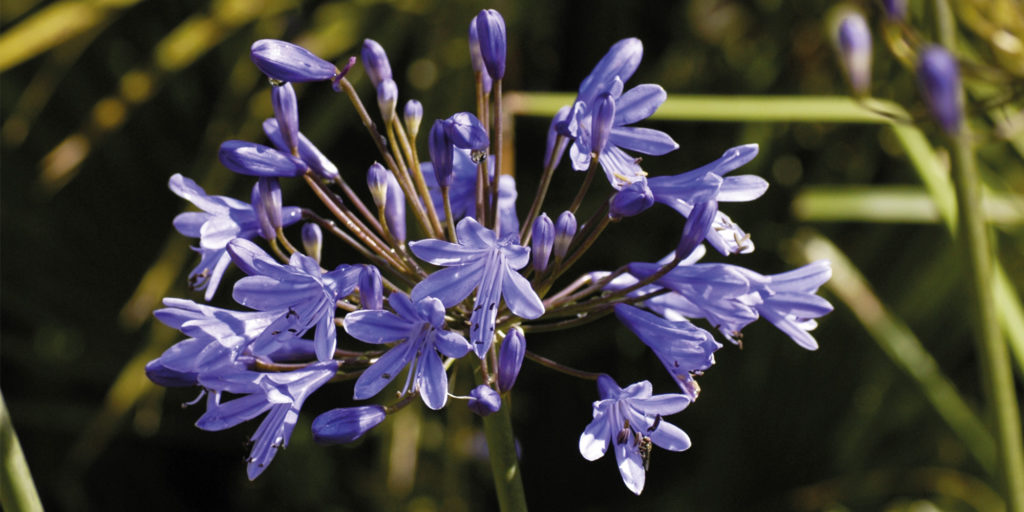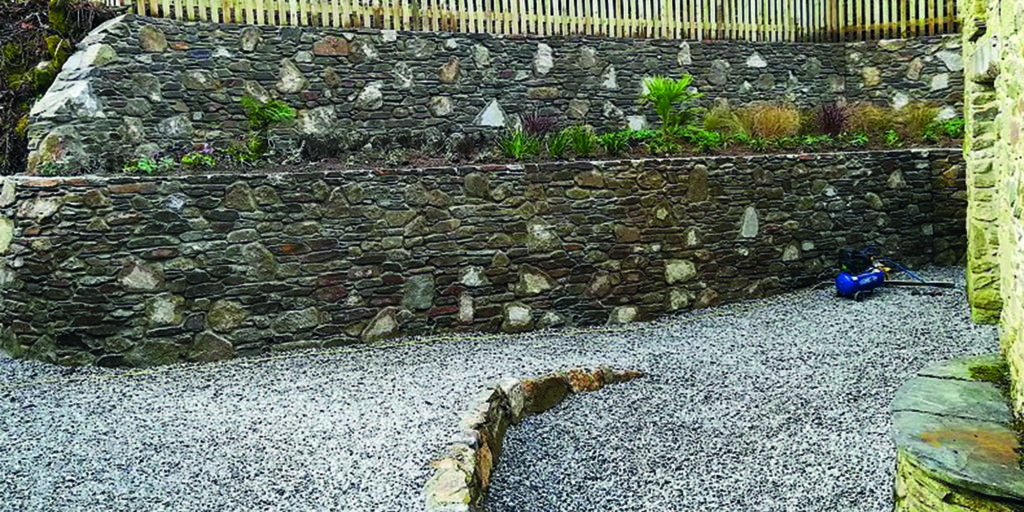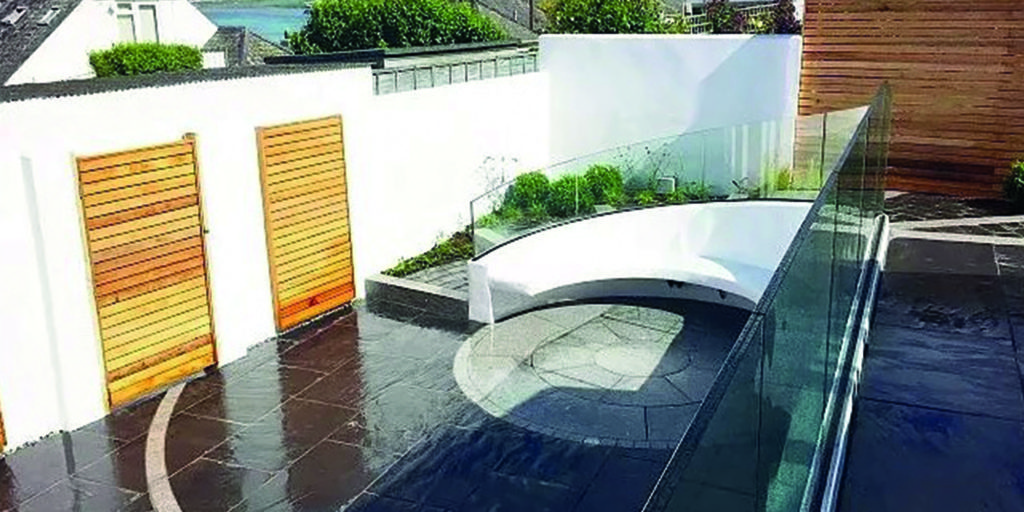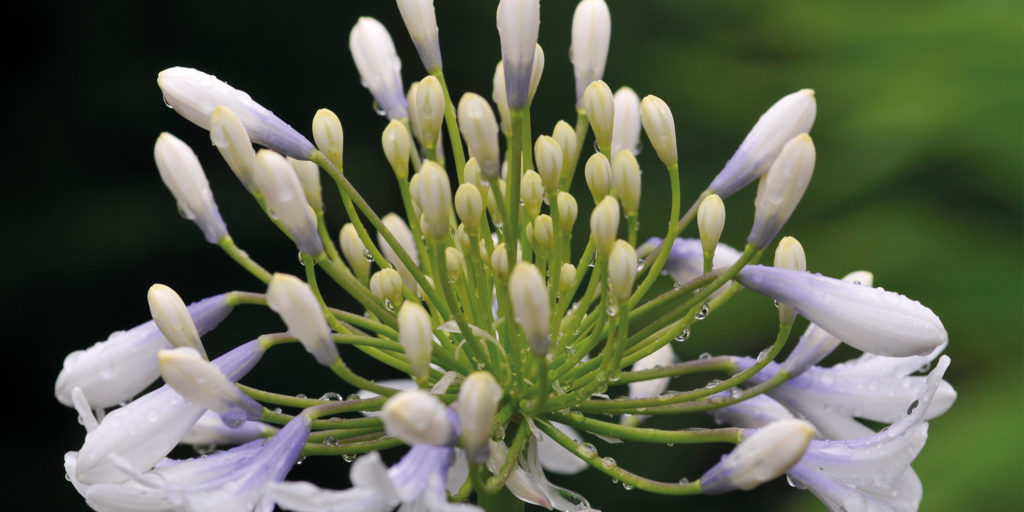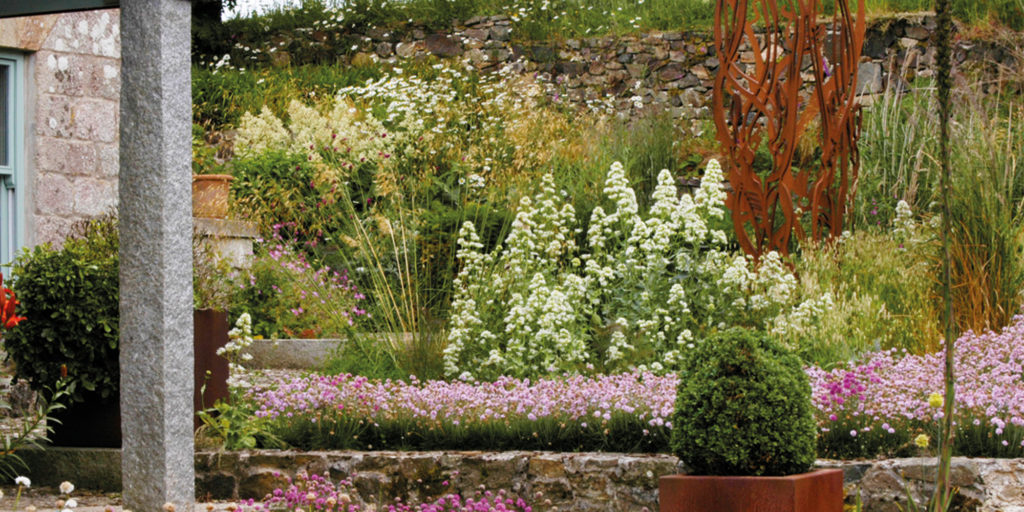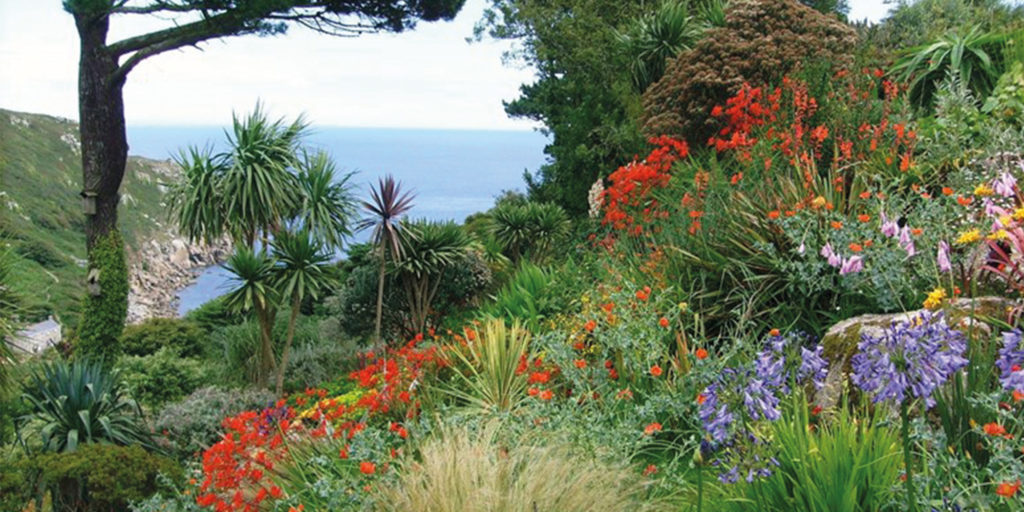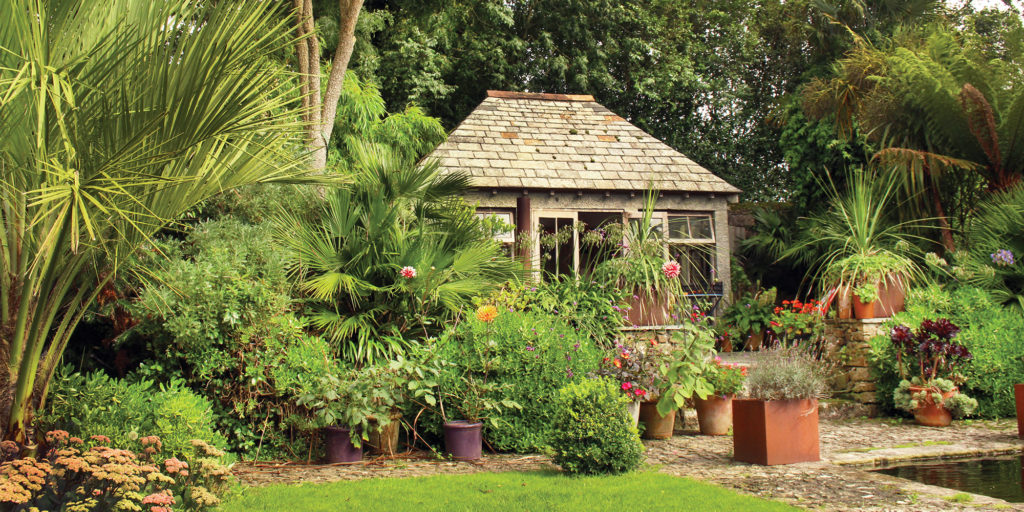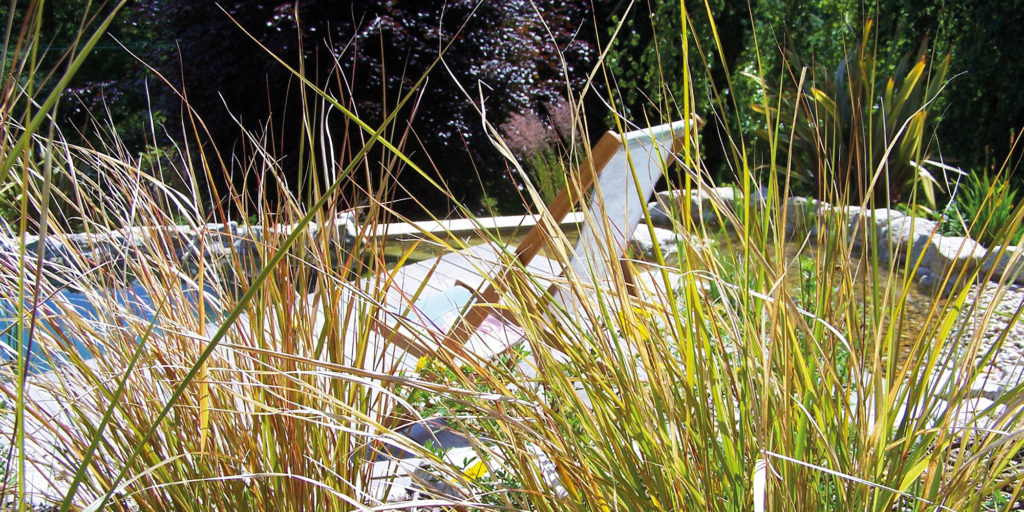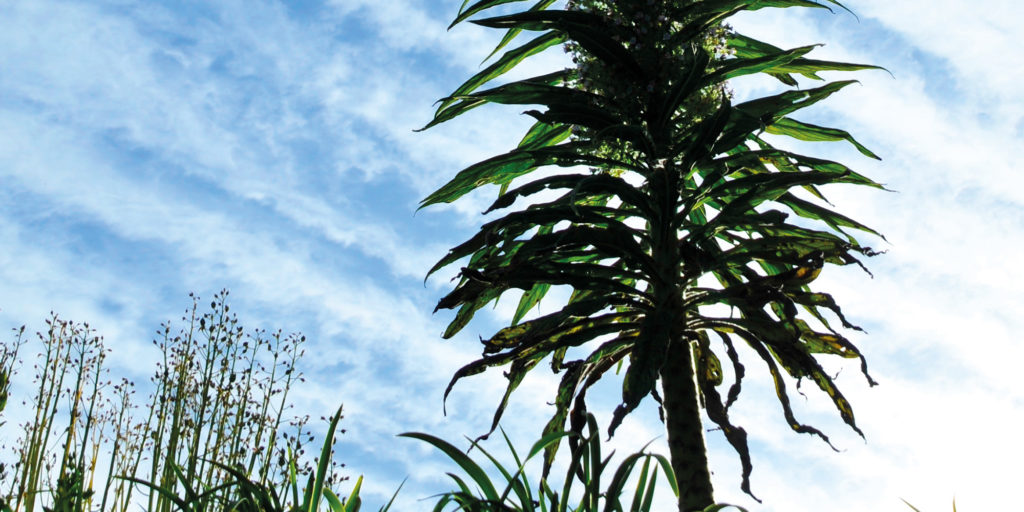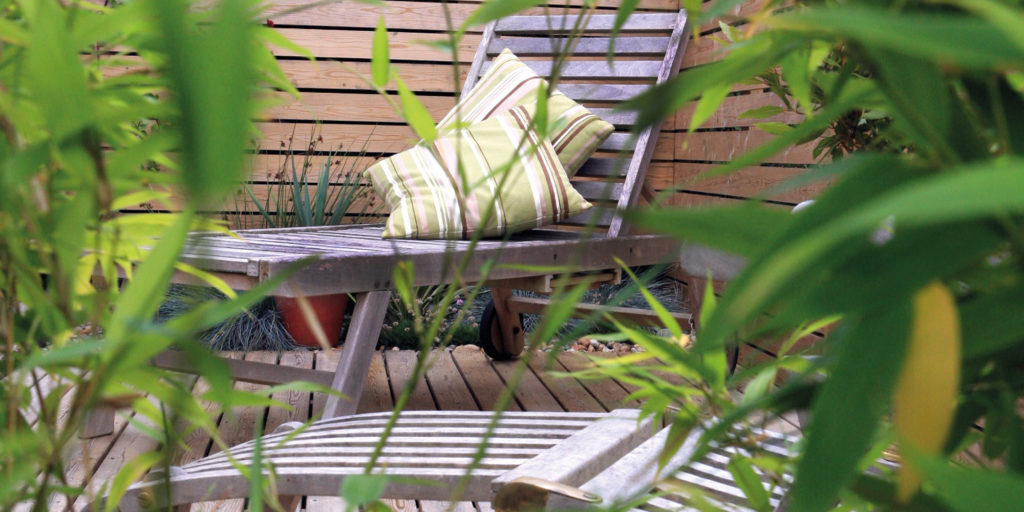

Go green in your garden
Mid Cornwall Landscaping reveals five ways to reduce your carbon footprint through gardening.
Have you ever thought about how we contribute to our own carbon footprint? The obvious spring to mind, such as driving to the shops or dropping the kids off at school, flying off on a family holiday or even the products we buy at shops. But did you realise that how you garden can also have an impact on the environment? Here are some more ways you can make a difference:
Reduce fertilizer usage
Reducing or replacing nitrogen fertiliser is the simplest way to decrease your garden’s carbon footprint. This is because synthetic fertilizers are energy intensive to manufacture. Mid Cornwall Landscaping suggest you use organic fertilizer instead, and use it sparingly. Ideally twice per year, once in summer and again in late autumn. Overusing any fertilizer releases nitrogen into the atmosphere as nitrous oxide, which results in 300 times more warming potential than CO2.
Re-think your garden tools
Another practical change that can be made is to reduce and/or avoid using petrol powered equipment to maintain a garden. Instead, use battery powered or human powered tools like the traditional push lawn mowers, rakes and hand shears. Or, leave your garden to grow and encourage wild flowers to flourish!
Turn your garden into a carbon sponge
As plants die and decompose, much of their carbon becomes part of the soil’s organic matter, depositing carbon there instead of releasing it in the atmosphere as CO2, thus turning gardens into natural sponges that soak up and store carbon dioxide and preventing it from being released into the atmosphere. Not tilling as much helps promote this and is a great way of growing plants and vegetables year to year without disturbing the soil.
Reduce water consumption
This one is a no brainer! And you might save fortunes in the process. The use of rainwater harvesting is the best solution here.
Compost food scraps and garden trimmings
Composting can keep materials such as food scraps and garden waste from taking up space in landfills, where they mix with other waste and release methane, a heat trapping gas that is roughly 30 times more potent than carbon dioxide. The fundamental rule of thumb should be to recycle everything from the garden back to the garden. Compost is essential, not just for recycling, but for giving back organic matter to the soil.
For expert help and design advice on your garden project, be sure to give Mid Cornwall Landscaping a call.
Mid Cornwall Landscaping
01726 884040
